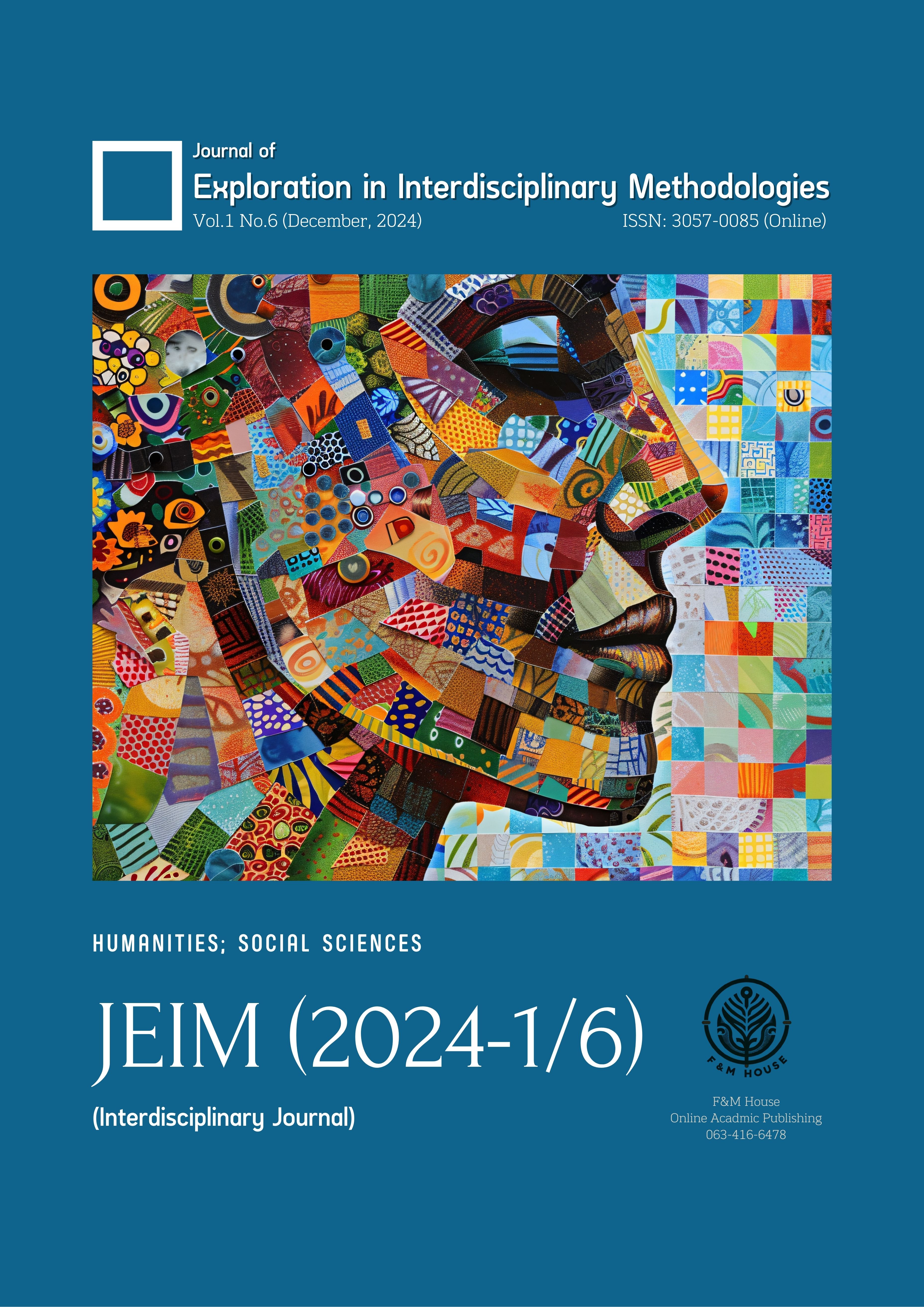Mental Health Stigma in Thai Society: Cultural Barriers and Psychological Implications
คำสำคัญ:
Mental health stigma, Thai society, cultural barriers, Buddhist perspectives, psychological implicationsบทคัดย่อ
Mental health stigma in Thai society is deeply rooted in cultural beliefs, traditional values, and Buddhist teachings, creating significant barriers to addressing mental health issues. This study examines the cultural and psychological factors contributing to mental health stigma in Thailand, highlighting the impact of societal norms, family dynamics, and media portrayals. Traditional beliefs often frame mental illness as a consequence of karma or spiritual imbalance, deterring individuals from seeking professional help. The study also explores the historical evolution of mental health care in Thailand, the influence of Buddhism on perceptions, and the intersection of social norms with stigma. Addressing these challenges requires culturally sensitive interventions, community engagement, and systemic changes in policy and education to promote mental health awareness and reduce stigma. By fostering empathy and encouraging open dialogue, this research aims to create a more inclusive and supportive environment for individuals facing mental health challenges in Thailand.
เอกสารอ้างอิง
Dessauvagie, A., Dang, H.-M., Truong, T., Nguyen, T., Nguyen, B. H., Cao, H., Kim, S., & Groen, G. (2022). Mental health literacy of university students in Vietnam and Cambodia. echTPressScience, 24(3). Retrieved from https://cdn.techscience.cn/ueditor/files/ijmhp/TSP_IJMHP-24-3/TSP_IJMHP_18030/TSP_IJMHP_18030.pdf
Fairuziana, Mawarpury, M., Lay, A. E., Fitriani, Y., & Fitria, Y. (2020). Mental health literacy in South East Asia in a cultural context: A systematic review. SCITEPRESS – Science and Technology Publications, Lda., pp. 516–524. Retrieved from https://www.scitepress.org/Papers/2018/85915/85915.pdf
Gaebel, W., Rössler, W., & Sartorius, N. (2016-08-10). The stigma of mental illness - End of the story? Springer. Retrieved from https://play.google.com/store/books/details?id=lFrSDAAAQBAJ&source=gbs_api
Gergana Petrova, Valentina Lalova, Svetla Ivanova; Darena Georgieva. (2022). Mental Health and its Determinants. https://deb.tuas.fi/moodle/pluginfile.php/586/mod_resource/content/3/Mental%20Health%20and%20its%20Determinants.pdf
Kaiser, P., Benner, M. T., & Pohlmann, K. (2020). Prolonged humanitarian crises – Mental health in a refugee setting at the Thai-Myanmar border. Athens Journal of Health & Medical Sciences, 7(2), 105–126. https://doi.org/10.30958/ajhms.7-2-4
Mohd. Tohit, N. F., & Haque, M. (2024). Forbidden conversations: A comprehensive exploration of taboos in sexual and reproductive health. Cureus, 16(8), 66723. Retrieved from https://www.cureus.com/articles/282156-forbidden-conversations-a-comprehensive-exploration-of-taboos-in-sexual-and-reproductive-health.pdf
Nur Dhaniah Zainul Ikram, Yusni Mohamad Yusop, Zaida Nor Zainudin, Wan Norhayati Wan Othman, Dharatun Nissa Puad Mohd Kari (2024). The Relationship between Depression Stigma and Depression Literacy on Psychological Help Seeking Attitudes among University Students. 14 (3): 30-32. http://dx.doi.org/10.6007/IJARBSS/v14-i3/21012
Phadsri, S., Shioji, R., Tanimura, A., Apichai, S., & Jaknissai, J. (2021). Proactive community occupational therapy service for social participation development of Thai adults with depression: A grounded theory study from occupational therapists’ perspective. Hindawi, 2021, Article ID 6695052. https://doi.org/10.1155/2021/6695052
Phyu, E. Y. Y. (2023). Is promotion a gender challenge in higher education? Case study of female academics in Myanmar. Institute of Human Rights and Peace Studies, Mahidol University, pp. 1–11. Retrieved from https://ihrp.mahidol.ac.th/wp-content/uploads/CoverpageFINAL-Papers_for-website29.pdf#page=103
Ratanasiripong, P., Siri, S., Hanklang, S., Chumchai, P., & Galvan, F. (2024). Factors related to mental health and quality of life among college and university teaching professionals in Thailand. Mahidol University Journal of Public Health, 54(1). Retrieved from www.ph.mahidol.ac.th/thjph/
Subedar F Antony Fernandes, Varsha Madhulika (2024). Psychological Well-being in Military Organizations: Fostering Resilience and Performance. Journal of the Indian Academy of Applied Psychology, 50 (1):367-380. https://jiaap.in/wp-content/uploads/2024/03/43-Subedar-F-Antony-367-380.pdf
Tohit, N. F., & Haque, M. (2024). Forbidden conversations: A comprehensive exploration of taboos in sexual and reproductive health. Cureus, 16(8), 66723. Retrieved from https://www.cureus.com/articles/282156-forbidden-conversations-a-comprehensive-exploration-of-taboos-in-sexual-and-reproductive-health.pdf
WHO. (2022). Addressing mental health through primary care and community engagement in the WHO South-East Asia region. Retrieved from https://iris.who.int/bitstream/handle/10665/361248/sea-rc75-3-eng.pdf?sequence=1
Zaidi, I. (2024). Intersecting challenges: TB and mental health among refugees in India. MedDocs Publishers LLC, 7(1), 1036. Retrieved from http://meddocsonline.org/







